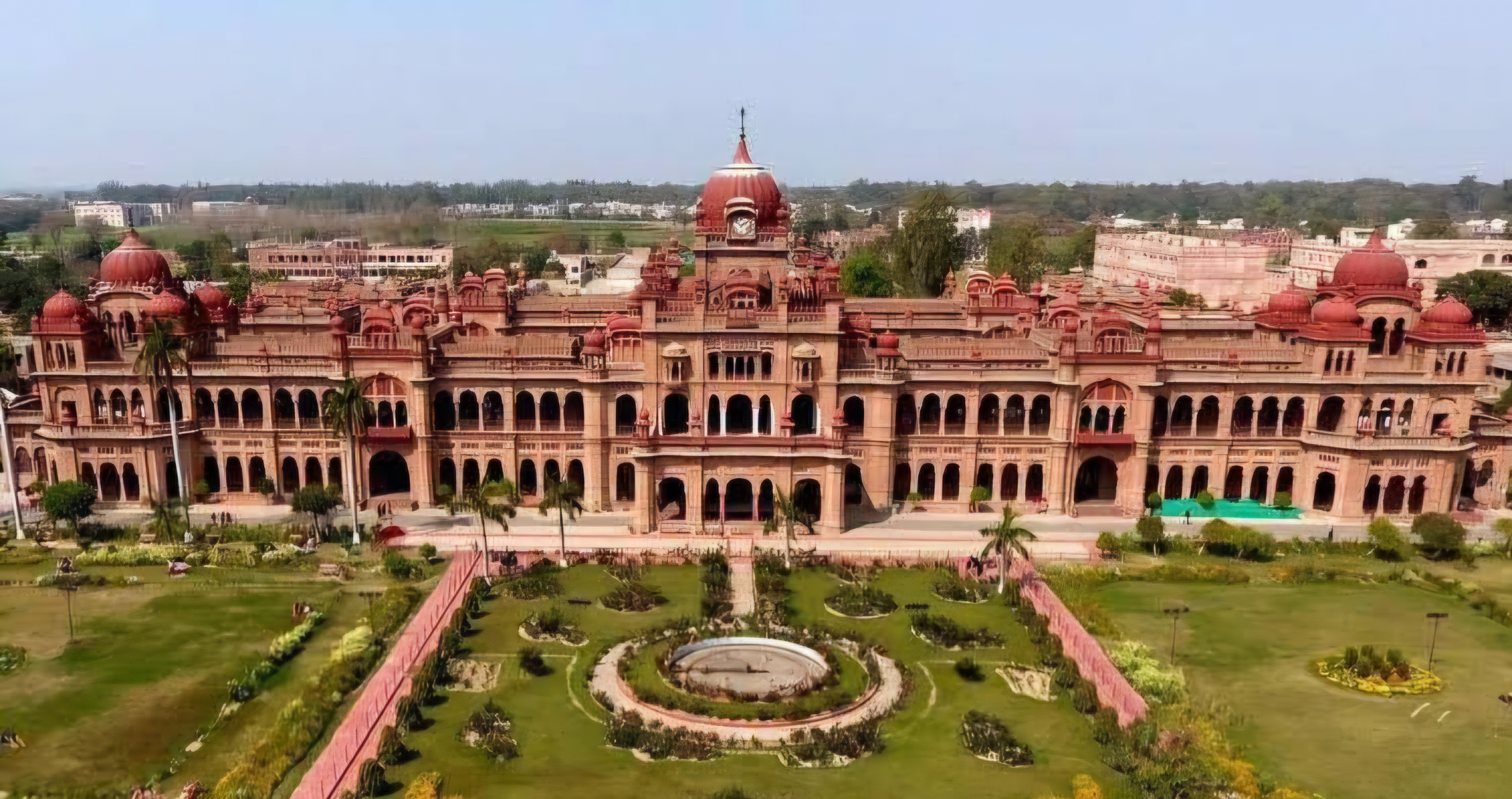


The appellants argued that the Khalsa University (Repeal) Act, 2017 was both arbitrary and discriminatory, singling out their institution while other private universities established under the same Punjab Private Universities Policy, 2010 continued to operate. They highlighted that Khalsa University had already begun offering 26 programs with over 200 students enrolled, and that dissolving the university would unjustly disrupt the academic careers of those students.
The Supreme Court, however, dismissed these concerns, citing provisions in the Repeal Act that ensured students were to be transferred to other appropriate educational institutions within Punjab, safeguarding their academic futures. The Court reiterated that legislative action could address individual entities if there were a justifiable basis, such as the protection of a historically significant institution like Khalsa College. Justice Gavai noted that the "protection of cultural heritage is a valid and substantial public interest," allowing the legislature to act in this unique situation.
By ruling in favor of the State of Punjab, the Court effectively affirmed the government’s right to prioritize the preservation of heritage institutions over new developments, provided that the action does not violate fundamental rights or principles of equality. The judgment sets a precedent for balancing educational innovation with the need to protect historical and cultural legacies.
This decision marks a significant moment in Indian education law, particularly concerning the protection of long-standing institutions from being overshadowed by newer establishments.
Click Here to: Download/View Related File
TAGS: Supreme Court Khalsa University Punjab Khalsa College heritage preservation Article 14 discriminatory legislation constitutionality cultural heritage.a